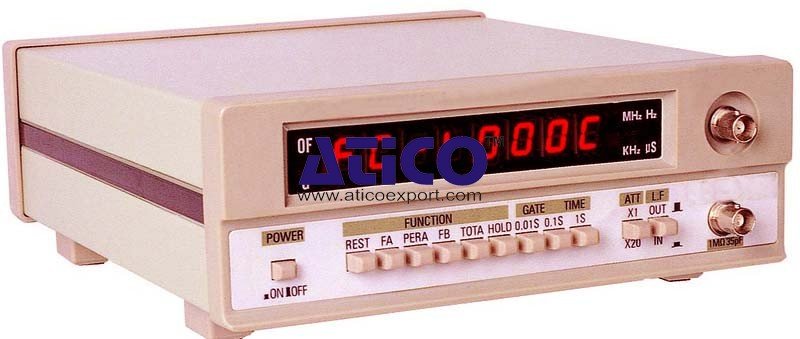Bomb Calorimeter
Description
Primary Users:
Energy Research Labs: It helps measure the energy content of fuels (coal, oil, natural gas, biomass) for efficiency calculations and the development of alternative fuels.
Food Science Labs: It determines food products' caloric content for accurate labeling and nutritional studies.
Pharmaceutical Research Labs: It analyzes the heat of drug combustion to understand drug delivery systems and metabolism in the body.
Environmental Testing Labs: Assess potential air pollution and greenhouse gas emissions from materials like waste and biomass fuels.
Additional Users (Quality Control):
Explosive Manufacturing Labs: Ensure product consistency and safety during explosive testing.
Cement Industry Labs: Measure heat of hydration during cement setting for quality control.
Potential Users (Research & Development):
Various research labs in academia and industry may utilize bomb calorimeters for:
Material Science: It helps to study the thermal properties of new materials.
Waste Management: Evaluating energy recovery potential from waste materials.
Forensics: Analyzing evidence in cases involving arson or explosives.
Salient Technical Features Of Bomb Calorimeter
Super Accuracy: Advanced sensors reach up to ±0.0001 °C precision, capturing subtle temperature changes during combustion.
Automation Boost: The latest range of bomb calorimeters has automated features like sample loading and data analysis to improve workflow. Some models allow for running analyses of multiple samples consecutively.
Sample Versatility: Latest models handle various samples, including:
Liquids: Improved crucibles and injection systems minimize splashing.
Gasses (Advanced Models): Specialized features enable analysis with a detection limit potentially reaching the micromolar (µmol) range.
Enhanced Safety: They are manufactured with double containment vessels, and improved pressure relief systems prioritize user safety.
Connectivity: Network connectivity allows for data sharing, remote access, and easier integration with LIMS.











